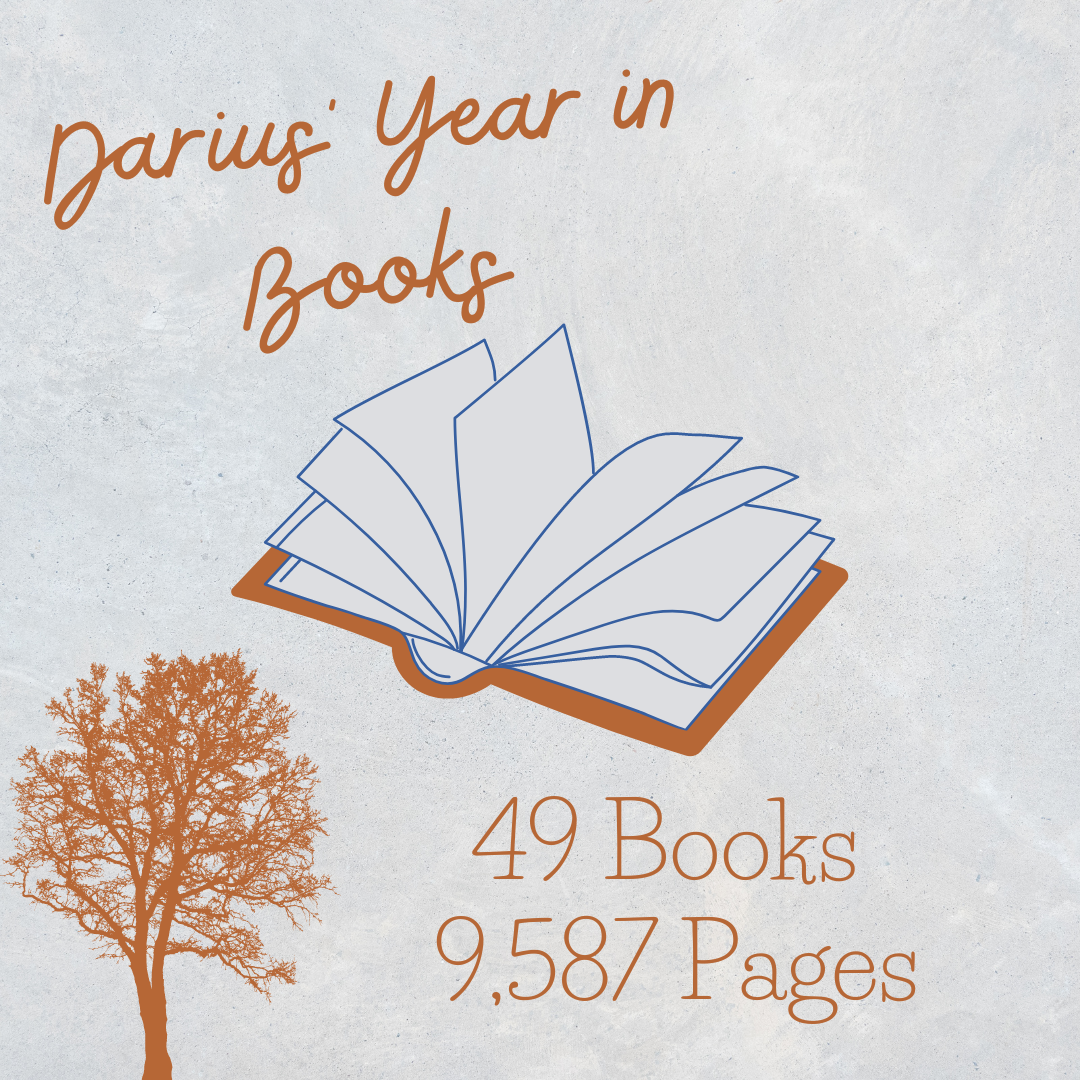When you think of science books, what comes to mind might be dull, hefty science textbooks. In reality, science books and stories can be engrossing, even thrilling! Here, we have selected several books that are interesting to those with or without a scientific background. Of course, “science” is a remarkably broad category including many, many subjects—we have attempted to showcase representative titles across a range of disciplines. Remember to click on the links to read more about each book if you’re interested, and remember that you can search for other science writings in the library catalogue!
The Hidden Universe: Adventures in Biodiversity
A detailed and engaging exploration of biodiversity and why it matters. Of course, any work on the subject must address the worldwide crisis of declining biodiversity, which Antonelli does with clarity while also offering ideas for solutions.
A fascinating and whimsical investigation of black holes, one of the most captivating concepts in physics. Accompanied by fun and minimalistic illustrations, Janna Levin breaks down complicated concepts from astronomy and physics in this surprisingly short and readable book.
The Matter of Everything: How Curiosity, Physics, and Improbable Experiments Changed the World
Through the lens of twelve major experiments, Suzie Sheehy recounts the history of physics with an emphasis on curiosity and experimentalists, rather than theorists.
The Man Who Mistook His Wife for a Hat and Other Clinical Tales
Oliver Sacks relates several engrossing, entertaining, and insightful anecdotes of neurological disorders and their effects.
Seeing the Sky: 100 Projects, Activities, and Explorations in Astronomy
Looking for hands-on ways to learn more about astronomy? This volume includes one hundred options targeted for beginners and amateurs.
Greek Fire, Poison Arrows, and Scorpion Bombs: Biological and Chemical Warfare in the Ancient World
Interested in learning about the history of chemistry through a particularly explosive lens? Look no further than Greek Fire, Poison Arrows, and Scorpion Bombs, a book that traces the origins of chemical and biological warfare through ancient and medieval times.
Life’s Edge: The Search for What it Means to be Alive
What is “life?” The answer seems obvious, but is actually notoriously murky. One of the most brilliant science writers tackles the question in this 2021 release.
The Insect Crisis: The Fall of the Tiny Empires that Run the World
In 2017, a series of papers published around the world drew attention to an emerging disaster: insects, the glue that holds ecosystems together, are disappearing in droves. In The Insect Crisis, Oliver Milman dives into this emerging story, it’s causes, and why the results might be even more disastrous than we dare to fear.
The incredible true story of the “human computers” whose work at NASA helped put rockets and eventually astronauts in space. The basis for the popular 2016 movie of the same name.
Mother Brain: How Neuroscience is Rewriting the Story of Parenthood
Dive into this 2022 exploration of groundbreaking research on the “maternal instinct” and how becoming a parent actually changes the neurology of the mother’s brain.
The Immortal Life of Henrietta Lacks
Though she died more than sixty years ago, Henrietta Lacks’ cells—known as HeLa to researchers—are still used today. HeLa cells have been an integral part of research on cancer, viruses, gene mapping, polio vaccines, and more, yet Lacks herself is buried in an unmarked grave. The Immortal Life of Henrietta Lacks is a fascinating account of scientific history, bioethics, and scientific law.
Rachel Carson’s classic work investigating the connection between environmental destruction and the use of herbicides, pesticides, and other chemical products. Originally published in the 1960s, Silent Spring is (unfortunately) still an important work today.
Darius Mullin’s reviews reflect his personal opinions and not necessarily those of the library or university.



